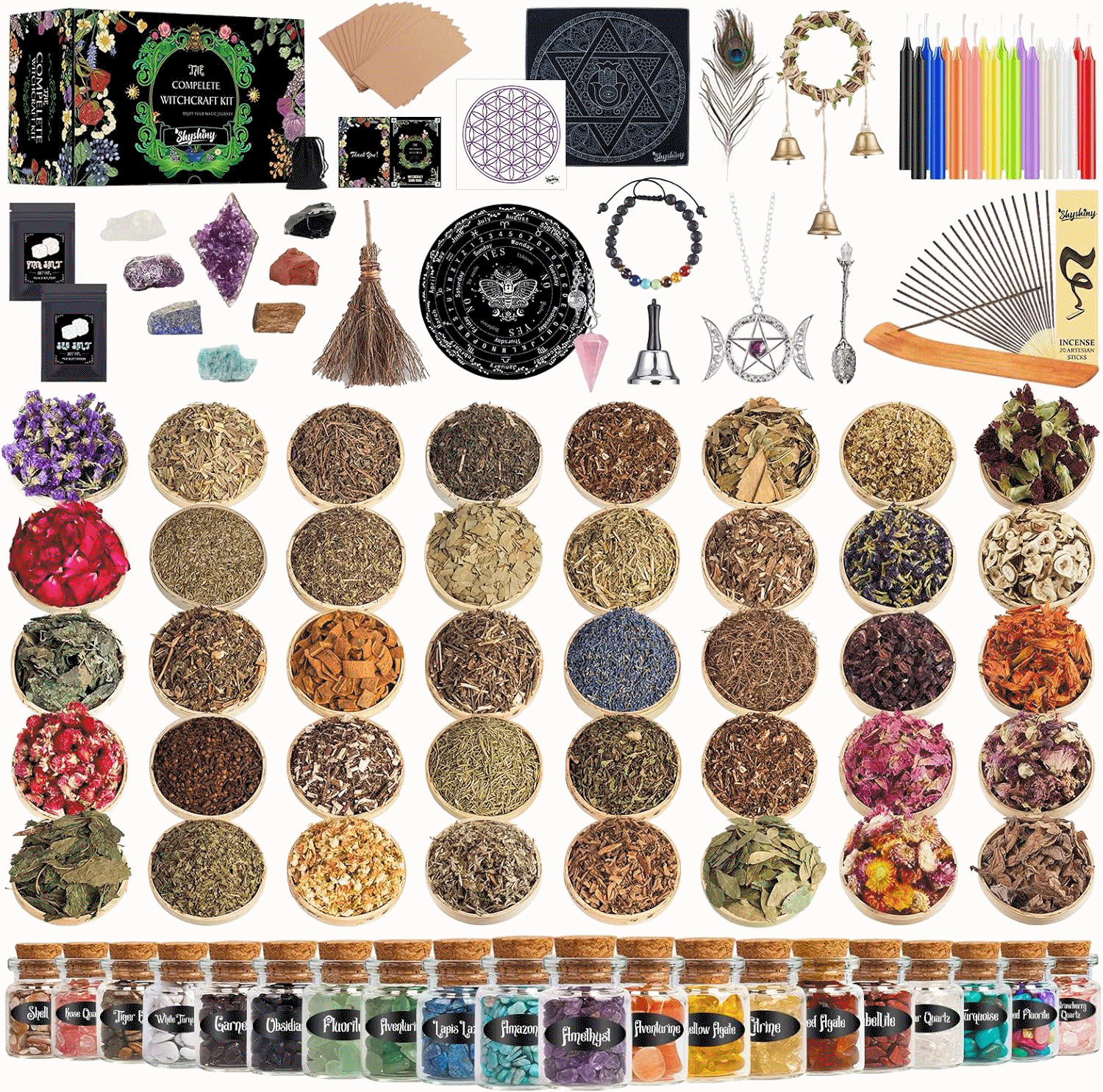The Amazing Healing Benefits of Gratitude

If you’re alive and reading this, you have something to be grateful for. That’s great news! This post will give you support in practicing gratitude on a regular basis, so you can better heal yourself, while lowering stress and anxiety, enhancing your sleep, and improving your relationships.
The Healing Benefits of Gratitude
You may not realize that something as simple as expressing gratitude—something that costs nothing and takes very little time—can have such an impact on your health. Yoga Masters have been teaching for centuries that gratitude is a key component of a happy, balanced and healthy life, but it’s nice to see that it’s in alignment with modern findings. A comprehensive look at gratitude and its effects [1] showed that when you routinely appreciate others or even just the positive parts of your life, you can experience:
- Less aggression [2]
- Heightened feelings of altruism, empathy, warmth, a greater desire to treat friends, family, and strangers with more kindness (you may even set off a chain of random acts of kindness!) When someone does something nice for you, you’ll be inspired to pay it forward [3]
- Reduced symptoms of depression and anxiety, and more optimism [4]
- More trust in others
- Extra intrinsic motivation to do and achieve more [5]
- More satisfaction from relationships (romantic relationships also get a boost from gratitude!) [6]
- Better ability to deal with criticism/less sensitive to others’ negativity
- Better sleep
- Lowered likelihood of developing a drug or alcohol problem
- Lowered risk of eating disorder (thanks to a healthier body image)
- Quicker recovery from post-traumatic stress
The review suggests that there could actually be a causal relationship between gratitude and well-being. That means increasing gratitude could directly enhance many different aspects of your life, most notably your health. Could there be an easier, or more inexpensive way to enhance both your happiness and health? (Okay, sometimes gratitude can be challenging when you’re feeling down—especially in the beginning–but with practice, it becomes much easier, I promise!) Training yourself to think this way only takes a few minutes at a time, per day or even per week. Eventually, it will help shift your whole perspective on life in a much more positive way.
What Is Gratitude, Really?
That seems simple enough to answer, right? You can feel gratitude when someone helps you out, but being thankful isn’t always related to another person. Are you thankful for your warm clothes in the winter, even if you purchased them yourself? What about your meals, even if you’re the one who has to prepare and cook them?
No matter what, you can focus more on the positive and choose to feel gratitude for anything, or anyone, at any time. Once you get into the habit of consciously appreciating the positives around you, that attitude spreads over into the times when you aren’t actively practicing the feeling of thanks. I do this when I walk down the street or wander into my backyard and gaze at the lemon tree. I express gratitude every day for each and every unique, beautiful tree and plant I see. I think we should all be more grateful for nature and her beauty every day!
Final note about the research. When comparing feelings of gratitude to other areas of the subjects’ lives in the studies, there were correlations between gratitude and:
- Feelings of satisfaction with life in general
- Feelings of living life to the fullest
- More self-acceptance and personal growth
- A feeling of staying true to themselves
- The belief that they had quality relationships in their lives
How to Practice This Universal Language
Learning to practice gratitude isn’t a long, drawn-out process. You can start right now and begin noticing differences in how you feel and your outlook on life in just a few weeks, even if you’re not practicing daily.
Donate to In5D
With over 6,000+ free articles and 1,200+ free videos, any donation would be greatly appreciated!
Much love for your kind donation,
Gregg
- Keep a gratitude journal. At the end of the day or week, write down five things you’re grateful for. This could be something as simple as being happy the weather was warm enough for you to hike before work earlier in the week or that your spouse did the dishes. You can even be grateful for the lemons that you use to make your hot water with lemon in the morning, that fill you with beautifying vitamin C and enzymes!
- Set an alarm on your phone that will go off periodically throughout the day. Each time it goes off, stop to remind yourself of something you’re grateful for.
- Don’t jump right out of bed at the sound of your morning alarm. Take a minute to take a few deep breaths and think of a few things that you’re happy to have in your life or experience, whether it’s a beautiful sunrise or the warm blankets you have covering you.
- Do something nice for someone else, family or stranger, even if it’s just giving them a compliment and thanking them for something they did. Spreading joy and showing your appreciation for another human being not only brightens their mood, but yours, too!
- Talk with your spouse or best friend at the end of the day about what you’re grateful for. These daily talks are more interesting than asking if they took the trash out or fed the dog, and may open the door to strengthen your relationship, especially if you start naming things you’re grateful for in each other.
- Leave little notes for yourself around the office or at home that remind you of the things you’re grateful for. Running across those during a stressful moment could make you feel better. Try sticking them on the top of your smoothie cup or one of the meals you’ve packed for the day.
- Really think about what you’re thinking. No, that isn’t a typo. Your thoughts affect your mood, and you’ll be happier if you’re thinking thoughts of gratitude! When a negative thought crosses your mind (it happens to everyone, of course!), take a closer look at it. Are you just feeling grumpy and turning your bad mood into one big growing ball of negativity? Was your ego, the image and labels you hold about yourself, somehow wounded in some way? Is there any truth in the thought that you can use to change your situation or use as a catalyst to turn your thought into something more positive? Once you glean the useful bits from your negative thoughts, kick the rest and give your thoughts a more positive spin. Here’s an example. Let’s say you tried something new and failed. Instead of saying, “I’m a failure,” remind yourself that failing—sometimes multiple times—brings you closer to your goal. It’s still progress and you can still learn from it. And that’s something to be grateful for.
- Tell someone that you appreciate them and why. They’ll feel good, and so will you!
Start Today!
Use this today as a starting point for a lifetime of feelings of gratitude. Your whole outlook on life will change once you give yourself that nudge, and you’ll feel better in so many different ways when you begin focusing on the positives. Look at what you do have, be thankful, and strive to reach out to help other people and keep the goodwill going.
Related article: Change Your Reality With A Walk Of Gratitude
The goodness in your life will blossom in even more abundance as you do.
Now here’s my turn: I’m sending gratitude to YOU for being you and part of this wonderful community.
[1] http://greatergood.berkeley.edu/pdfs/GratitudePDFs/2Wood-GratitudeWell-BeingReview.pdf
[2] http://spp.sagepub.com/content/early/2011/09/02/1948550611416675.abstract
[3] http://www.psy.miami.edu/faculty/mmccullough/Papers/Gratitude_CDPS_2008.pdf
http://www.socialemotions.org/page5/files/Bartlett.DeSteno.2006.pdf
[4] http://psychology.ucdavis.edu/Labs/emmons/PWT/index.cfm?Section=4
[5] http://onlinelibrary.wiley.com/doi/10.1111/j.1475-6811.2010.01273.x/abstract
In5D PATREON: Click here to help support our work thru Patreon. Your support is greatly appreciated!!!
Follow In5D on Patreon, Rumble, Telegram, Twitter, Bitchute, TikTok, Instagram, Facebook, YouTube, Gab, and Truth Social
























